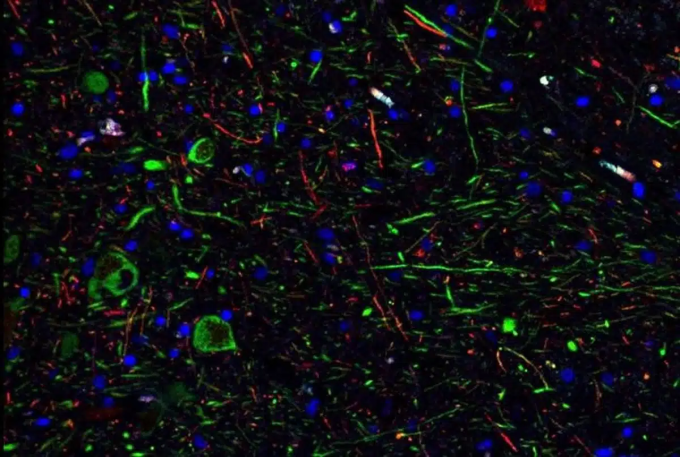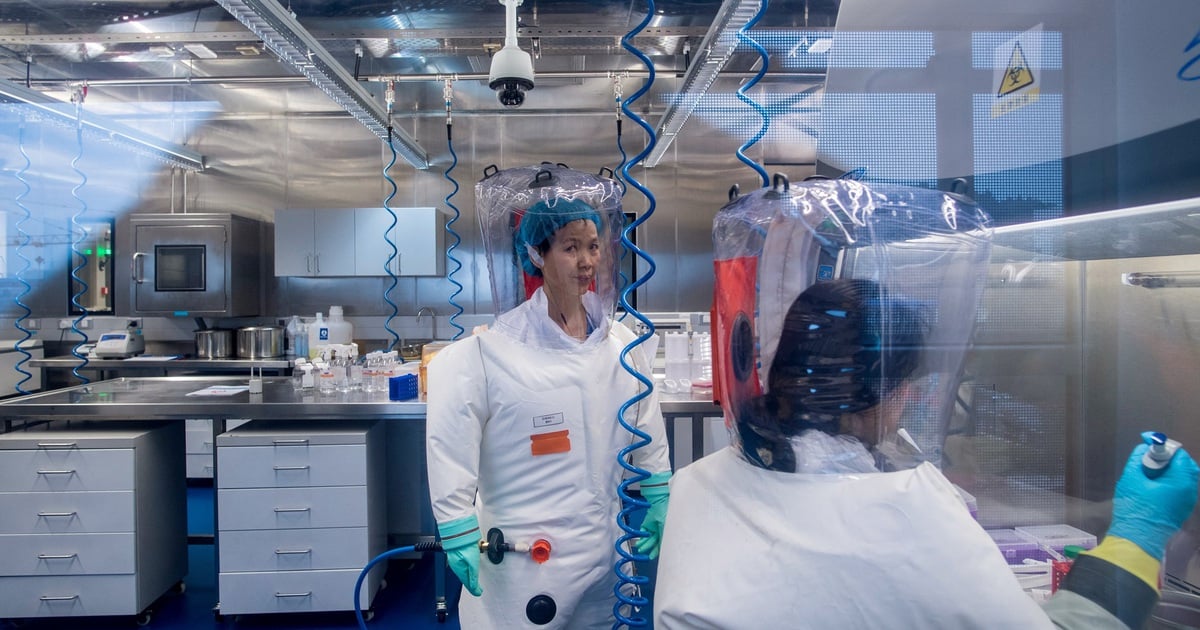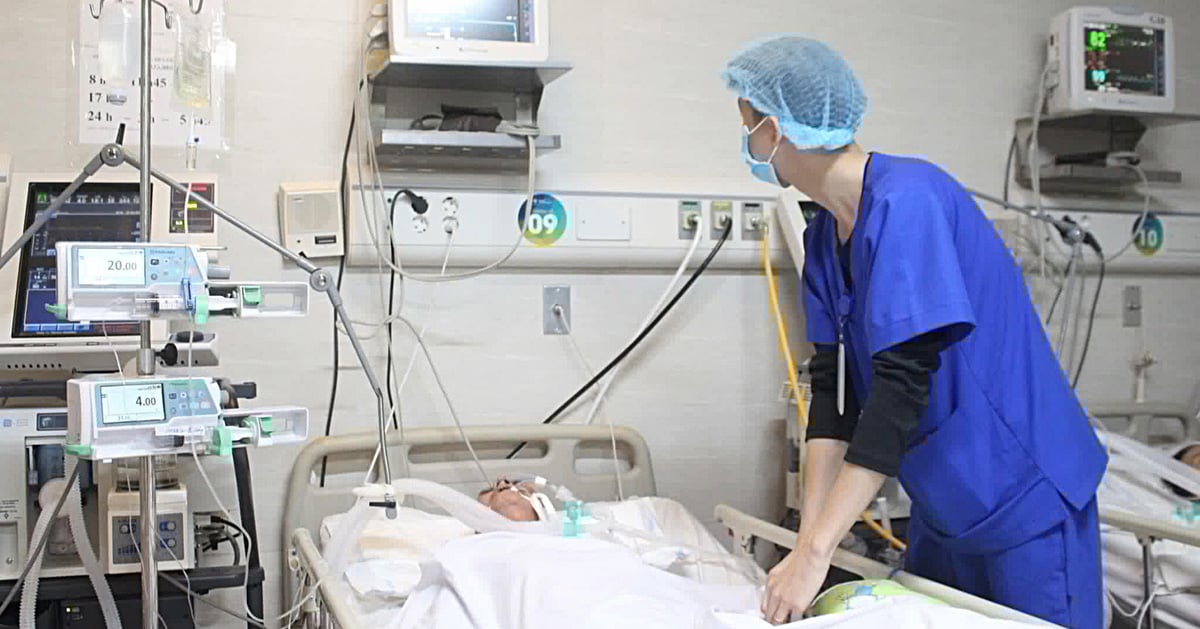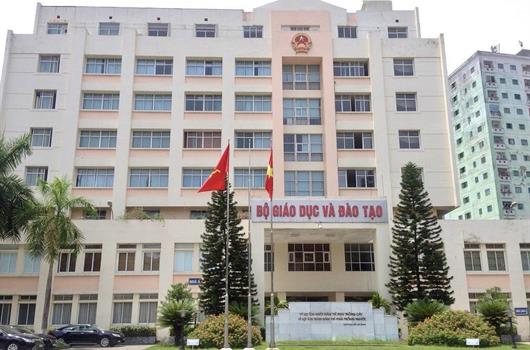US Research shows that Covid-19 can infect dopamine neurons in the brain and cause faster aging than normal.
The study, conducted by experts at Memorial Sloan Kettering Cancer Center and Vagelos College of Surgeons, was published in the journal Cell Stem Cell on January 17. Scientists discovered that dopamine neurons infected with nCoV stop working and send chemical signals that cause inflammation, leading to premature aging.
Normally, dopamine acts as a neurotransmitter that creates feelings of pleasure, excitement, and aids in memory, sleep, and movement. Damage to these neurons can cause Parkinson's disease, a type of dementia that occurs in older people.
New research could shed light on neurological symptoms linked to long-term Covid-19 issues like brain fog, chronic fatigue and depression.
This was a completely unexpected result, according to Professor Shuibing Chen, Center for Genomic Health at Hartman Institute for Organ Regeneration Therapy. Previously, Professor Chen created many types of cells from human stem cells, testing them to see which type of nCoV would infect.
They found that a small percentage, about 5%, of dopamine neurons exposed to the new coronavirus were infected. That’s not as high as lung cells, which are the virus’s main target. But even small numbers of infected cells can cause serious problems.

Dopamine neurons (green) in the brains of Covid-19 patients. Photo: Liuliu Yang
In the study, the researchers used transcript profiling to determine how genes altered by the coronavirus led to changes in cells. They found that only dopamine activated the aging pathway.
Next, they looked for ways to protect neurons to minimize health problems after infection. The researchers tested two drugs that are already on the market. The goal is to prevent nCoV infection or save infected dopamine neurons from aging.
Three effective drugs are riluzole (for amyotrophic lateral sclerosis), metformin (for diabetes), and imatinib (for cancer). Further research on these drugs may prevent the virus from attacking the brain.
Most people in the world have had at least one bout of Covid-19, but not everyone has neurological problems after the disease. Researchers suggest monitoring the health of long-term Covid-19 patients with Parkinson's-related symptoms to better understand.
Thuc Linh (According to Neuroscience News, Mirage News )
Source link

























































































Comment (0)